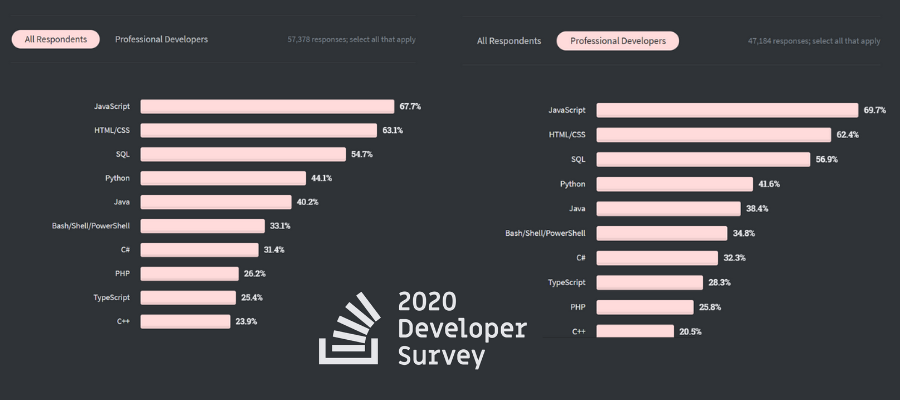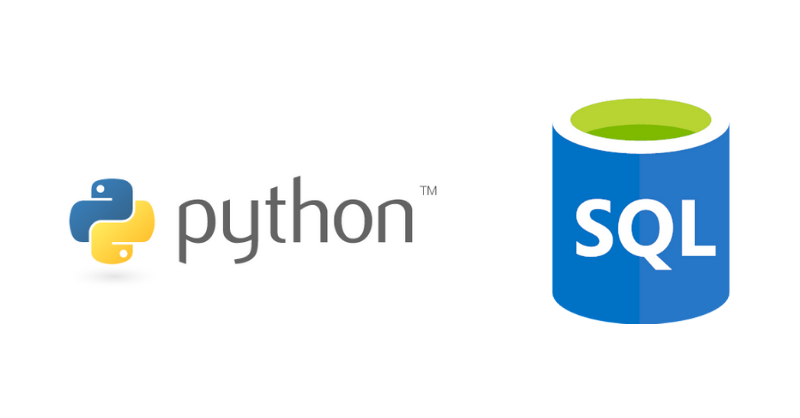
MySQL stands for the M in LAMP stack (Linux, Apache, MySQL, PHP/Perl/Python) is the traditional choice for developing open-source web applications.
#Best database software for mac 2020 archive#
It uses InnoDB as the default storage engine but supports other engines such as MyISAM, NDB, Blackhole, Example alongside the ability to use RAM and Archive as storage. The database management system is written in C and C++, yielding very high performance, and is compatible with Linux, BSD, macOS, Windows, Solaris, and other conventional systems. Notable users of this relational database management system include the US Navy, NASA, Sony, Uber, Netflix, Youtube, and Facebook. It has been acquired by Oracle and now provides paid functionalities for enterprises that look for high-performing, flexible, and scalable database management solutions. It has been enjoying massive success since its inception in 1995 and has emerged to be the de-facto open source database management system. MySQL is, without any doubt, one of the most popular and widely used database management systems for Linux users. MariaDB comes with built-in support for Galera cluster technology, cross-platform support, client protocols, and API compatibility with MySQL, load spreading alongside many more features. This relational database management system uses a new powerful storage engine called Aria, which can deal with both transactional and non-transactional processes. It supports up to two times faster data replication than conventional database management systems for Linux and is backward compatible with MySQL servers. MariaDB is developed using a set of notable programming languages that include C, C++, Perl, and the Bash command-line shell. MariaDB is maintained quite well and releases new features and updates very regularly. It is an open source database management system developed by community members and is a fork of the popular MySQL database. It offers a huge list of powerful yet flexible features that makes it a suitable choice for developing cutting-edge web applications. MariaDB is one of the best Linux database management systems to emerge in recent times. Oracle Database supports data reduction, hybrid columnar compression, cluster file system, native sharding, and cloud service. The 18c release of this DBMS comes with in-built support for polymorphic table functions and active directory integration. Oracle Database comes with exceptional data guard features such as allowing just read-only access, offloading redo transport, managing workload across replicated databases, to say a few. 
It features a SQL-based relational database model and supports features like data distribution, concurrency control, client-server computing, parallel SQL execution, alongside many more.It is a proprietary solution but without any doubt worth the money you pay, thanks to its unrivaled feature set. It enjoys widespread usage for transaction processing in eCommerce, data warehousing, and mixed database workloads. The Oracle Database is a multi-model solution marketed by Oracle Corporation and is used widely around the world for its empowering capabilities. Oracle is arguably the heavyweight when it comes to database management systems. Hopefully, you’ll get a good overview of the choices in general.

Our editors have picked different systems for different types of databases like DBMS for relational databases, object databases, document-oriented databases, etc. Since a plethora of powerful and rewarding database management systems for Linux exists, we tried our best to select the ones with the most use cases. You need to understand that a database management system is not just the database itself but rather a collection of utilities packed together with the database. Others only offer the database, no management methods. The confusion arises because many DBMS such as MySQL packs pre-built mechanisms for managing the data in their database. Examples include MySQL, Microsoft SQL Server, and such, whereas DBMS refers to software that allows users to retrieve these data and manipulate them as per their requirements. So, we’ll try to distinguish between them in short below.Ī database is software that stores data. As a matter of fact, we all have been there where it just didn’t make sense. Often we see many people getting confused with the difference between traditional databases and database management systems(DBMS).






 0 kommentar(er)
0 kommentar(er)
